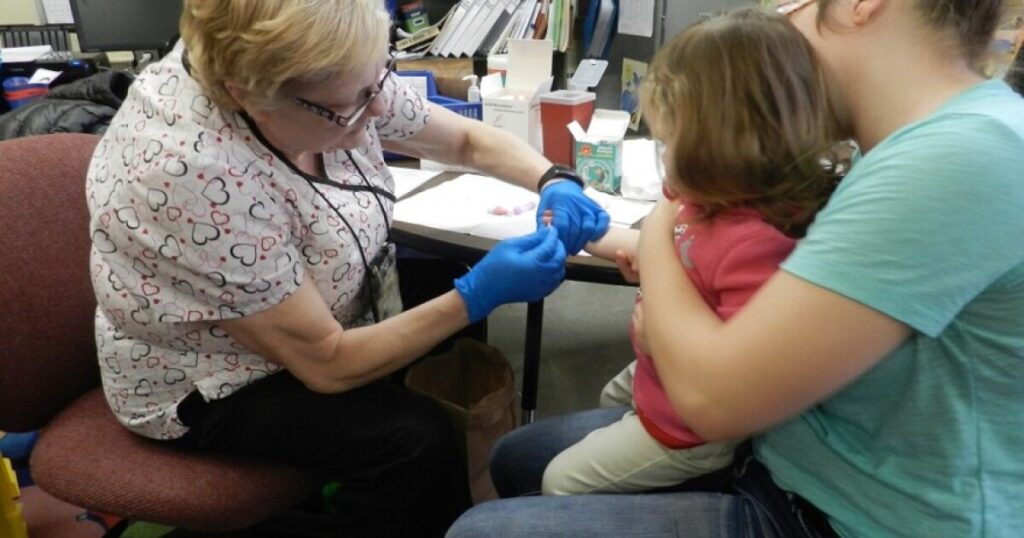New Michigan Laws Mandate Lead Testing for Young Children
In a significant move to safeguard public health, Michigan has implemented new legislative measures requiring blood lead testing for children at the ages of one and two years. This initiative aims to address the serious health implications associated with lead exposure in young children.
Lead exposure poses a significant risk to children, potentially leading to various health issues such as learning disabilities and behavioral problems. The state of Michigan has responded by enacting two laws in 2023, mandating lead testing at critical early stages of child development. However, it was only recently that health officials finalized the necessary guidelines for medical practitioners.
Dr. Natasha Bagdasarian emphasized the importance of early detection, stating, “By ensuring Michigan children universally receive a blood lead test at a very young age, we can more quickly address the health risks associated with elevated blood lead levels, which will lead to healthier lives.”
The Michigan Department of Health and Human Services (MDHHS) highlights that lead exposure can stem from various sources. These include deteriorating paint in pre-1978 homes, contaminated dust and soil, older plumbing systems, as well as certain occupations, hobbies, and imported goods.
For children with blood lead levels of 3.5 micrograms per deciliter or higher, MDHHS recommends identifying and eliminating the source of lead exposure. Additionally, they advise further testing and follow-up actions to mitigate health risks.
This initiative comes in the wake of increased awareness following the Flint water crisis, which first brought attention to the dangers of elevated blood lead levels in children. The state’s proactive approach aims to prevent similar public health crises in the future.
—
Read More Michigan News










